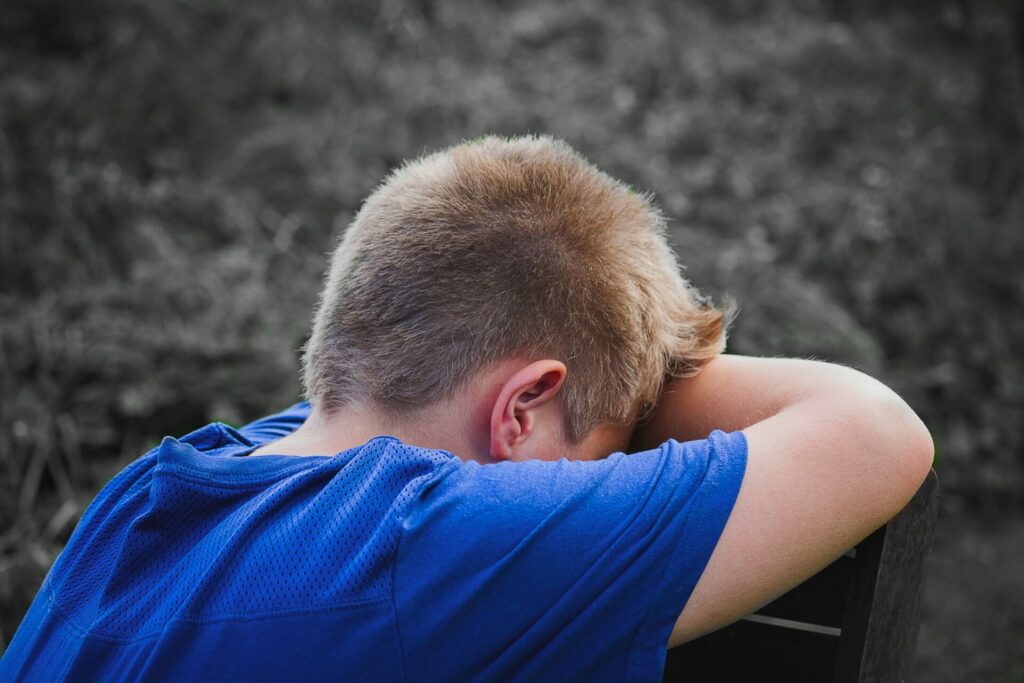Transgender children in schools across Belgium continue to face heavy discrimination, leading to widespread psychological and emotional distress. As a result, many Belgian trans kids refrain from openly expressing their chosen gender identities to their teachers and peers, La Dernière Heure (DH) reports.
"It's not trans children who have a problem with school, it's schools who have problems with trans children," Noah Gottlob, a spokesperson for Transkids foundation, told DH. "Often, trans children do not have access to school in a normal, peaceful way. There is still a real lack of recognition towards these children. Many schools refuse to recognise the identity of the child or react in a hostile way."
Gottlob's testimony was corroborated by Jean-Pierre Coenen, the President of the League for Children's Rights (la Ligue des droits de l’enfant) foundation, who noted that, unfortunately, trans children are not the only victims of anti-trans discrimination.
"School is too often a place of suffering for these [trans] young people, but not only," Coenen explained. "The number of young people who are victims of LGBT-phobias far exceeds the number of LGBT young people. It also affects young people who break out of gender stereotypes, whether by their clothing, their way of being, or because they are shy, do not have a known romantic relationship, or because rumour has catalogued them in a certain way."
He added: "The consequences of this suffering are significant. Both on sociability and on schooling. It results in school demotivation, absenteeism and school dropouts, withdrawal, a major risk of risky behaviour, but also a loss of self-esteem, anxiety, shame and guilt."
Concealing one's true self
The DH report also contained testimony from Azur, a recent school graduate, who recounted how his teachers' open prejudice against homosexuality led him to resist the urge to come out as trans throughout his time in secondary school.
"I started my transition when I was in secondary school, but I didn't dare to tell anyone about it at that time," Azur said. "I was already being harassed by teachers so I was afraid that my coming out would make my situation even worse. I didn't want to take an extra risk in an already chaotic schooling. In fact, I had the feeling that the school was not ready to welcome me as I was."
"The establishment was already very closed vis-à-vis homosexuality. If girls kissed in the playground, it was frowned upon, unlike straight couples. So I prefer not to imagine what would have happened if I had announced that I was trans and was taking testosterone."
Valid concerns?
Despite the intense discrimination still faced by trans children, Gottlob admitted that some teachers' concerns about immediately accepting trans kids' chosen gender identities might, in fact, be partially valid.
Related News
- Transgender and intersex people demonstrate in Brussels for more rights and respect
- A new association for transgender children launches in Belgium
"There are concerns that are legitimate," he said. "Some teachers are afraid of being confronted with a fashion phenomenon, and want to make sure that there are serious motivations behind the child's request."
However, Gottlob also noted that such caution should not preclude respect for children's honestly chosen gender identities: "A child's word always deserves to be received with respect and kindness. Everyone should be able to freely say I'm a boy or I'm a girl without causing problems for others. Every school has students who are questioning their gender or who know trans people."

